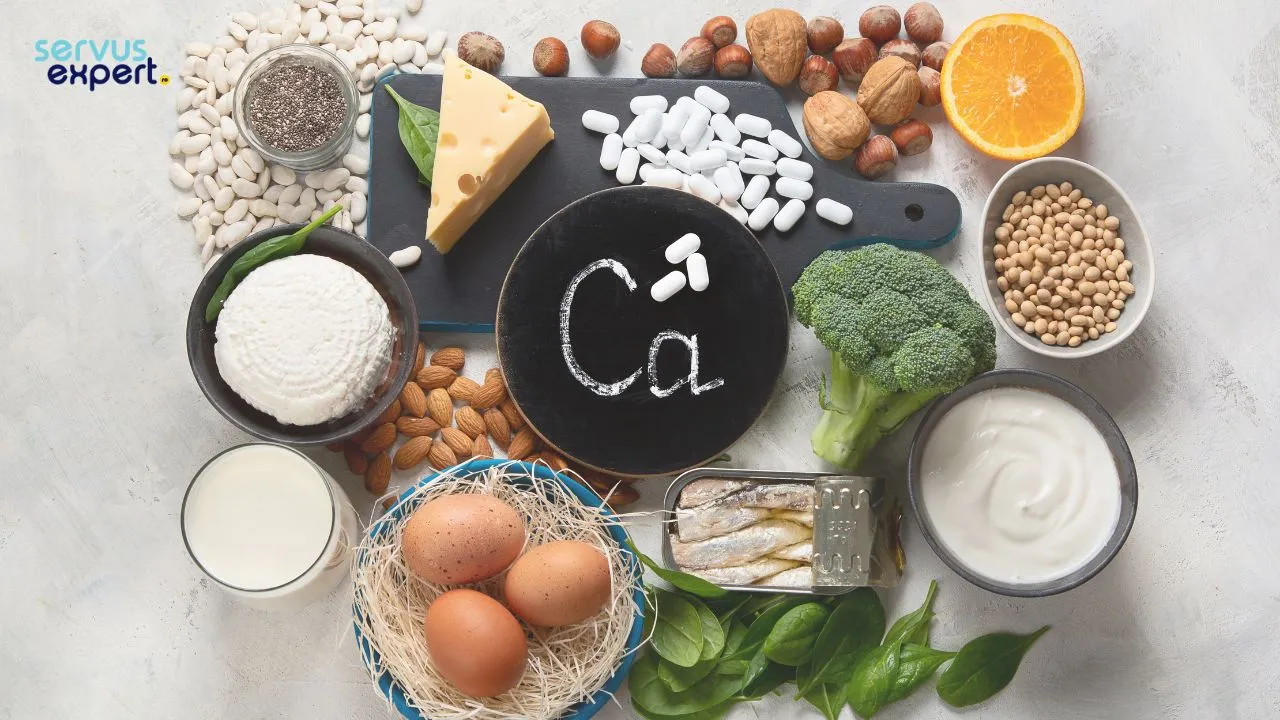Poor Absorption — how to spot it and what to do right now
Feeling tired, losing weight without trying, or not responding to medicines like you used to? Poor absorption (malabsorption) means your gut isn’t pulling nutrients or drugs into the body like it should. That causes low iron, B12, vitamin D and can make medications less effective. Below I’ll walk you through common causes, simple checks, and practical steps you can try or discuss with your clinician.
Common causes you should know
Celiac disease, Crohn’s, and other inflammatory bowel problems damage the small intestine so it can’t absorb properly. Pancreatic insufficiency—when the pancreas fails to release enough enzymes—prevents digestion of fats and proteins. Small intestinal bacterial overgrowth (SIBO) steals nutrients and creates gas and bloating. Low stomach acid, some surgeries (like gastric bypass), and long-term use of certain drugs—proton pump inhibitors, metformin, or broad-spectrum antibiotics—also reduce absorption.
Age matters too: as we get older the stomach and gut change, making it harder to absorb vitamin B12 and other nutrients. If you’ve had recent gut infections, antibiotics, or weight-loss surgery, think about absorption as a possible issue.
Signs, tests and quick actions
Watch for ongoing diarrhea, foul-smelling or greasy stools, bloating, unexplained weight loss, persistent fatigue, pale skin, or easy bruising. Lab tests that help: complete blood count (check for anemia), serum ferritin and iron, B12, folate, vitamin D, and magnesium. Specific tests include stool elastase for pancreatic insufficiency, breath tests for SIBO, and tissue transglutaminase antibodies for celiac disease. Your doctor may order endoscopy or imaging if needed.
What you can try now: track symptoms and food, stop any non-essential over-the-counter antacids (but talk with your doctor first), and avoid heavy alcohol. Small changes like eating smaller, frequent meals and limiting simple sugars can reduce SIBO symptoms. If fat malabsorption is suspected, pancreatic enzyme replacement (pancrelipase) helps—ask your clinician about dosing with meals.
Fixing medication absorption is often straightforward. For example, take levothyroxine on an empty stomach and separate it from calcium, iron, and antacids by several hours. Some drugs work better as liquids or sublingual forms if the gut isn’t absorbing pills well. Always ask a pharmacist before changing how you take a prescription.
If tests show deficiencies, targeted supplements can restore levels faster than diet alone—B12 injections for severe deficiency, iron infusions for significant anemia, and high-dose vitamin D when needed. But these are short-term fixes; treating the root cause matters for lasting improvement.
See your doctor if symptoms are moderate or get worse, if you’re losing weight, or if lab tests are abnormal. Poor absorption is common and often treatable. With the right tests and a clear plan—diet tweaks, enzyme support, and fixing underlying disease—you can get back to feeling normal.

The Link Between Poor Absorption of Food and Osteoporosis
Hi there, I'm your everyday guy taking a closer look at how our bodies process the food we eat, and drawing a connection between poor absorption and osteoporosis. In this post, I unpack how nutritional uptake impacts our bone health, shedding light on why we need to pay closer attention to our digestion and the nutrients we're taking on board. Buckle up for an eye-opening read bridging the gap between what's on your plate and the state of your skeletal system.
read more




